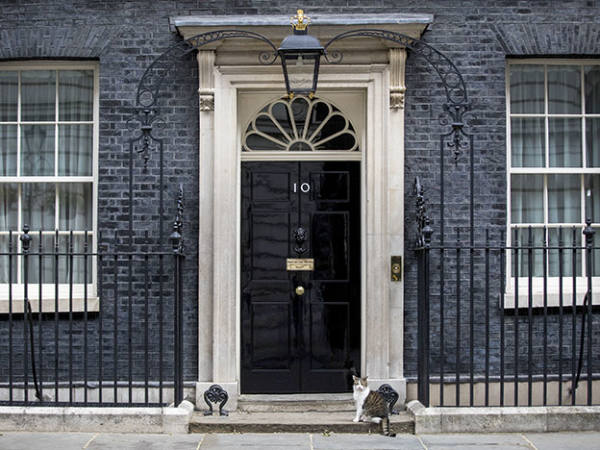Investors in the UK’s housebuilder shares were given a boost to their confidence last week when a trio of the sector’s major players released figures that showed the impact of the stamp duty break and help-to-buy schemes. Government support measures have turbo-charged the recovery in housebuilder shares since the first national lockdown.
Yet investors have been less enthused by Taylor Wimpey (TW.). Shares in the sector’s third-largest constituent by market capitalisation may have recovered just over a third of their value since 23 March, but that is below the gains made by its four publicly-listed peers.
Can the shares gain ground on rivals? On the face of it, the ingredients are there. Pre-pandemic, Taylor Wimpey’s return on equity and land bank had been superior to peers Bellway (BWY), Redrow (RDW) and Barratt Developments (BDEV). Indeed, Taylor Wimpey’s larger bank of strategic land, which is acquired without planning consent, is a particular strength. After gaining consent, the largest housebuilders can earn a higher margin on the homes built on this land.
Investors' favouritism towards Taylor Wimpey’s peers is partly understandable. The depths of the losses reported by Taylor Wimpey at the half-year was a shock to the market. Earnings forecasts for 2020 were downgraded by almost a third. That is partly because analysts underestimated the level of fixed costs being carried by the group and its peers, says Peel Hunt’s Sam Cullen. “People thought the balance sheet wasn’t quite the state they [believed] it was,” he says.
However, the group may have been on the back foot with investors even before it released those disappointing figures. The decision to raise £510m to take advantage of “attractive land opportunities” was quite “aggressive” so early on in the reopening of the housing market, reckons Cullen.
Yet investors may forgive management if it delivers on expectations for a sharp earnings rebound in 2021. In November it revealed not only that operating profits for 2020 would be at the upper-end of the £242m-£292m guidance range, but also materially ahead of the £626m top end of consensus for 2021.
Earnings forecasts for this year have been increased by more than a fifth since then. Along with a higher order book entering this financial year, it stands to benefit further from trimming some fat. It has already set out plans to save an annual £15m by reducing management costs and rationalising its London operations to focus on building housing at more affordable price points.
There could be bumps in the road to rebuilding earnings. There is the prospect of a sharper slowdown in sales prices eroding margins. A net -28 per cent of respondents to the latest Royal Institution of Chartered Surveyors residential property survey reported a decline in new buyer enquiries in January. A negative balance implies more respondents reported a reduction in enquiries than those who did not.
More starkly, Taylor Wimpey and Persimmon have been the biggest beneficiaries of the help-to-buy scheme, which accounted for half of reservations for the former during the first half. That will be restricted to first-time buyers and include regional price caps from April. If it cannot grow volumes at the same pace, the group may also lose its edge over rivals in the dividend stakes.
The shares trade at a price/forecast book value multiple of 1.5, not a marked discount to their five-year average. Shareholders may be right to think there is better value on offer elsewhere in the sector.












